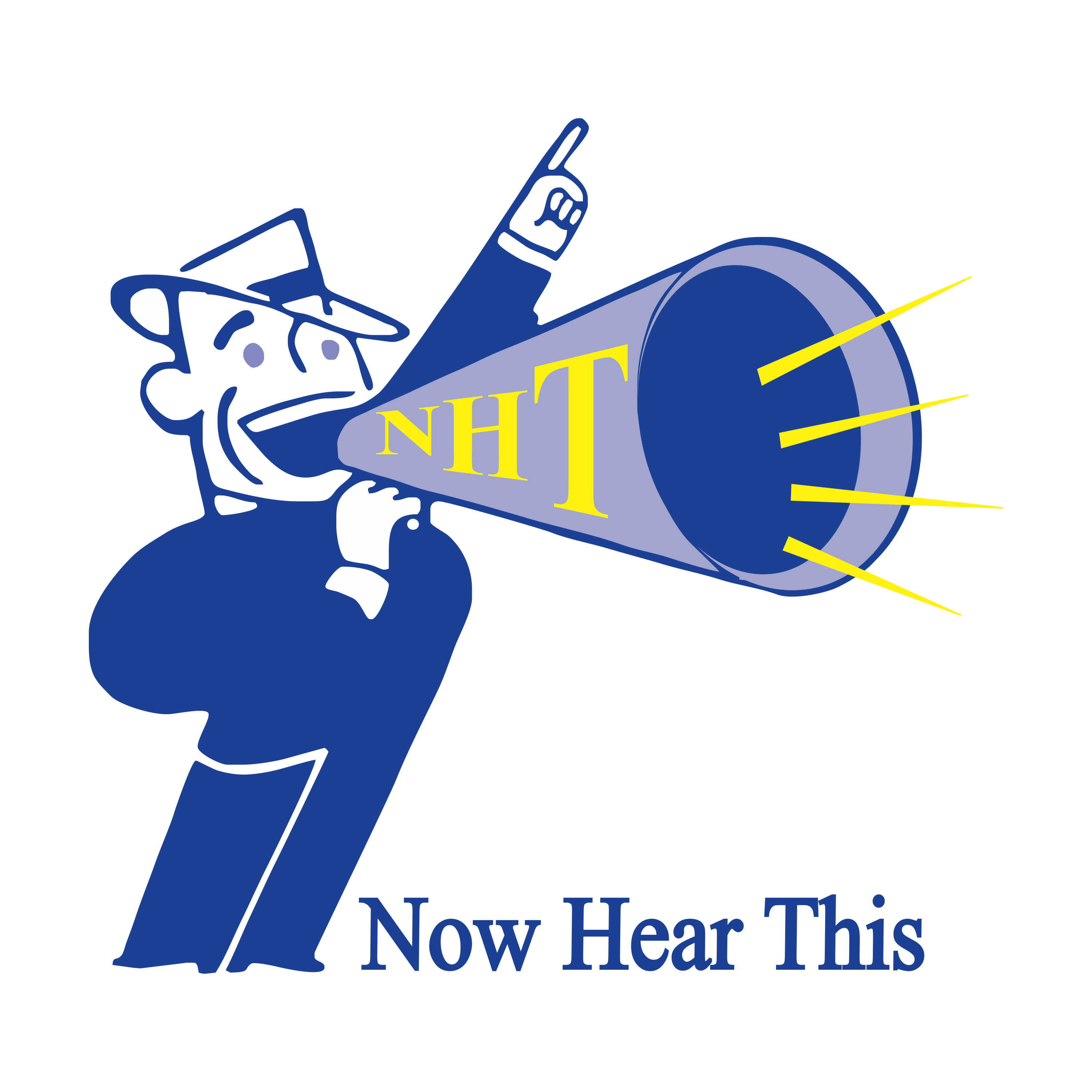 We’re into March now. How is the new year going for you? And by that I don’t mean have you stuck with your new year’s resolution. (Well, unless it was a business goal that you set instead of something personal.)
We’re into March now. How is the new year going for you? And by that I don’t mean have you stuck with your new year’s resolution. (Well, unless it was a business goal that you set instead of something personal.)
But how IS 2017 looking so far in terms of business? Were January and February this year better than those two months were in 2016?
You DO keep track of data like that, right?
It’s amazing that in the music business so many people feel that they can hide behind the free flowing, spontaneous, “be creative” nature of the arts in accepting (and being at peace with!) having no structure, no tracking system in place when it comes to sales, leads, and similar pertinent data relative to their business. It’s crazy that while artists will easily admit that music is, of course, a business, they won’t have the systems in place that they would if they were, say, a music store. The latter obviously is going to deal with charting inventory, salaries, payables and receivables, and will have someone out at networking events and trade shows trying to drum up new business.
So, as a solopreneur in the music industry, are you using, for example, Microsoft Excel, to track that type of data for yourself? Don’t you want to know where your time is paying off and where it’s being wasted? It would be helpful to have something to review on a regular basis that shows what sources of leads are working and which aren’t when it comes to getting booked, right?
As you can see, I strongly suggest that, if you aren’t already, you put something in place now. The fact that it’s March 6th doesn’t matter. This isn’t something that can only start when a new calendar year does.
Track for yourself details on each booking, including booking attempts that you initiate even if they don’t close, not to mention the incoming inquiries. Make a list that shows the date of the inquiry, what method it was through (phone, email, website, face-to-face, referral – if applicable), who the contact person was, what the outcome of the initial contact was (meaning, what was discussed and how it was left), next steps, the contact information (name and preferred method, including specifics such as the phone number or email address), what they wanted, and what you quoted. Feel free to alter that list by way of additions, deletions, or modifications.

The important thing here is that you’re building a document you can analyze to learn from and improve your bookings. What looks to be a recurring good source of leads? What isn’t working? Perhaps you’ll see a pattern too in terms of “the gigs that I quoted in this price range seemed to get the most bookings” and/or “in this part of town.” You might also notice a pattern developing, such as, “When it comes to so-and-so, I should count on it always taking three or four conversations before it gets finalized.”
Employ the above and then a year from now when things are sluggish you can look back and say, “It must just be this time of year. Last year I see that this month was slow too.”
Time is too important to waste. Track yours and be more efficient with it going forward.
